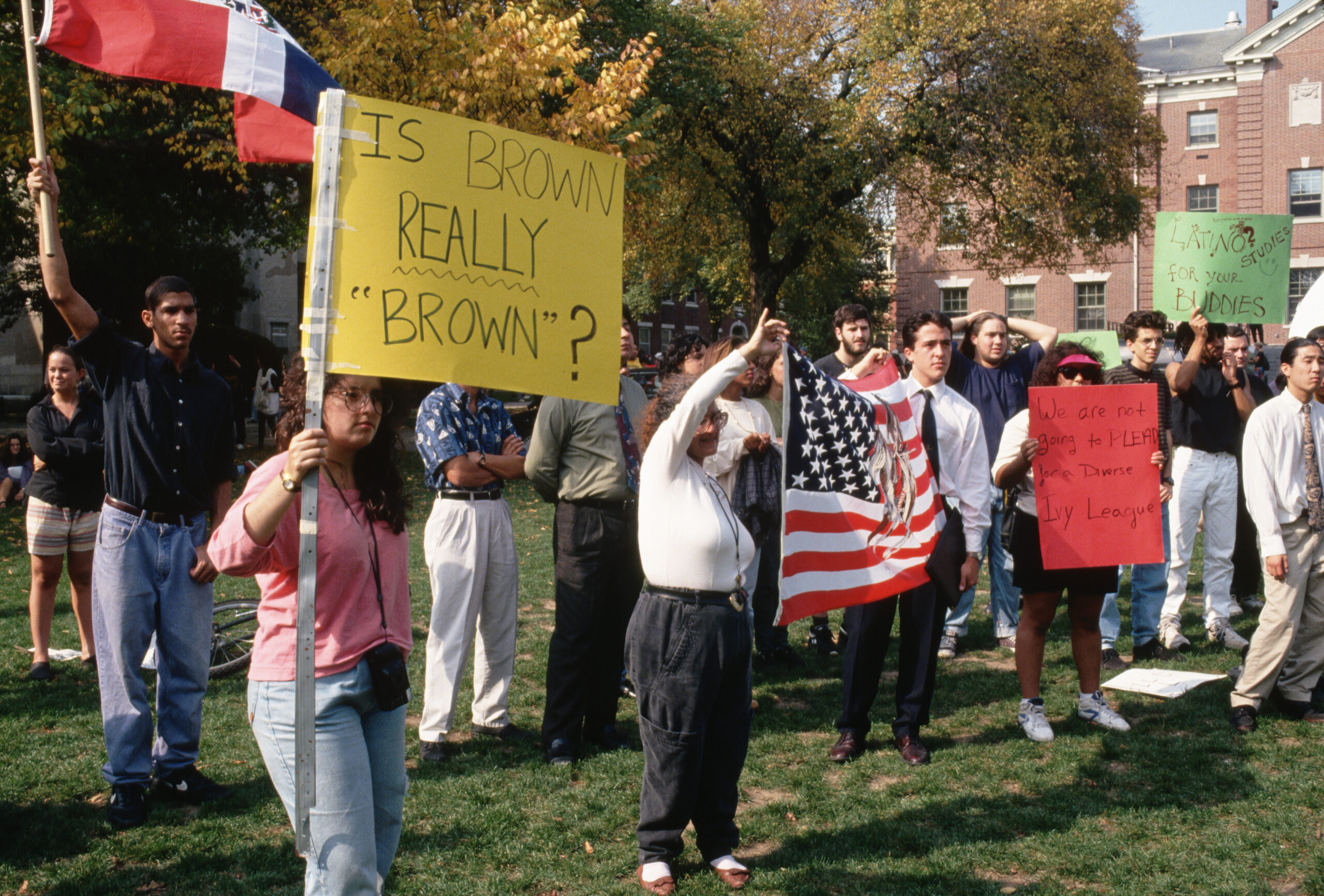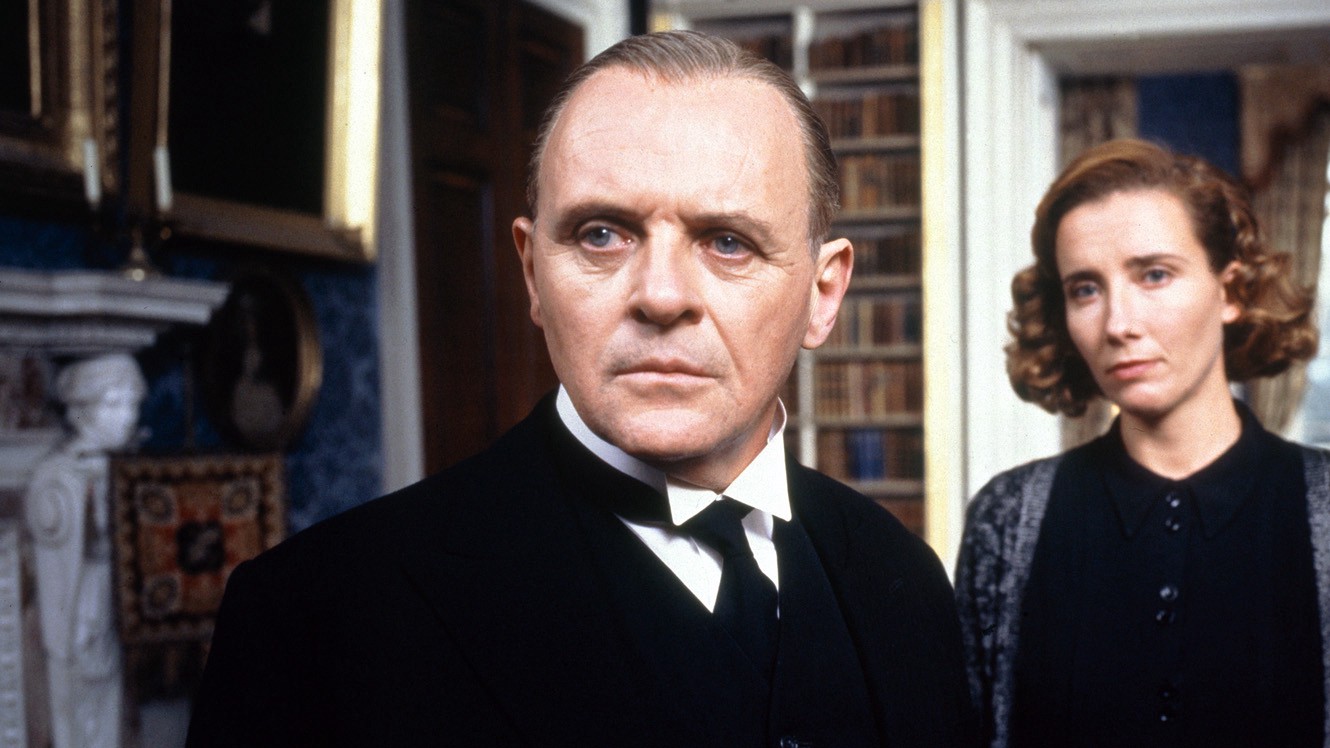Lady Bird (2017)
Written and directed by Greta Gerwig
Starring Saoirse Ronan, Laurie Metcalf, Tracy Letts
It seems an affront to individual autonomy that we don’t choose to be born, don’t name ourselves, and are subjected to a prolonged tutelage under parents and teachers. Yet we can’t be our own creators, so perhaps autonomy isn’t a natural right so much as a gift we must accept. The autonomy that adults possess, always imperfectly, must be learned, starting from a subordinate position. As a departure from dependence, adulthood is achieved only by means of some rebellion. As the fruit of dependence, it requires gratitude.
The delightful and insightful Lady Bird catalogs the misadventures of Christine McPherson (Saoirse Ronan) as she completes her senior year at Immaculate Heart, an all-girl high school in Sacramento. The audience starts out laughing at the rebellious follies that precede maturity, but by the end viewers are drawn into reflection on the tense relationship between gratitude and the passage into adult freedom.
Lady Bird is written and directed by Greta Gerwig—known for acting in films such as Twentieth Century Women (2016) and Whit Stillman’s Damsels in Distress (2011). On its surface, her impressive directorial debut belongs to the tedious genre of teenage glory-days movies. The formula is simple: flatter teenage recklessness by depicting it with false security and profundity; elevate the high school years as the best part of life (how depressing!); sprinkle in mocking caricatures of teenage types (the nerd, the stoner, the jock).
In other words, too many coming-of-age movies founder not only on the Charybdis of adulation but also on the Scylla of ridicule. On this score, Lady Bird distinguishes itself. Every character enjoys full personhood. As a writer and director, Gerwig is a protectress of human complexity.
That means Lady Bird is marked by an unusual kind of realism. In cinema, realism often connotes gritty ugliness. Gerwig’s realism, by contrast, expresses gratitude for reality. Rather than prettying things up, Hollywood-style, she knows that the way to show beauty in something is “to show it simply as it is,” as Gerwig put it in an interview. “It will be beautiful if we film it honestly,” she explained. There is “beauty in the flaws,” whether it’s acne-ridden teenage faces, Sacramento as “the Midwest of California,” semi-disastrous first romances, or the love of an overbearing parent.
This film seems to be Gerwig’s way of expressing an adult’s gratitude to her parents, friends, teachers, city, and to God. But unlike Gerwig, the teenage Christine is in a thankless mood. Auditioning for the school musical, “Lady Bird,” as Christine now calls herself, faces Father Leviatch, who asks incredulously, “Is that your given name?” “Yes,” she answers. “It was given by myself—to myself.” When she runs for class president, Lady Bird’s campaign posters suggest that she can’t quite decide whether she’s a bird with a human head or a human with a bird head. Either way, she doesn’t want to be what God or her parents made her.
Gratitude is the proper response to goods given gratis, that is, freely. In passing her driver’s test, an astounded Lady Bird thanks the DMV worker, who responds that “it’s not a thanking situation. You either pass or you don’t.” Like everything human, everything meaningful, gratitude must be learned. Lady Bird isn’t so good at it yet. She bickers with her mother, disrespects her teachers and the school’s Catholicism, ditches her nice friends for the cool crowd, lies about her family’s house, and trash-talks her home city of Sacramento. She shows gratitude when she shouldn’t and not when she should.
We are obliged, according to Thomas Aquinas, to respond to gifts in three ways. “The first of these is to recognize the favor received, the second to express one’s appreciation and thanks, and the third to repay the favor at a suitable place and time according to one’s means.” We can go wrong in each, but ingratitude consists primarily in failing to notice the good that we have received. Such inattention may spring from ignorance, but it may also result from pride or presumption. That’s because gratitude conflicts with the feeling that one is fully autonomous or has a right to others’ services.
The film’s plot revolves around Lady Bird’s desire to go to a non-Catholic college on the East Coast, “where culture is.” Not only does the family lack the money to send her away from home but Lady Bird’s mother, Marion (played perfectly by Laurie Metcalf), accuses her of snobbery and ingratitude. “You wouldn’t get into those schools anyway,” she insists. “You know, with your work ethic, just go to City College, and then to jail, and then back to City College. And then maybe you’d learn to pull yourself up and wouldn’t expect everybody to do everything for you.”
Though focused on its title character, the film is as much about Marion, who doesn’t want to let her daughter go. The film starts with them facing each other, emphasizing opposition, as they sleep in a motel room during a college visit. It ends with their images overlaid on each other, emphasizing likeness. Their similarities—both are determined and willful—make it necessary for them to struggle.
To mother a child, to care for an utterly dependent human being through every stage of change, also requires preparing oneself for the child’s independence. The film’s title alludes to a nursery rhyme: “Lady bird, lady bird, fly away home. Your house is on fire. Your children are gone.” “Lady bird” refers not only to the child, who’s flying away, but also to the mother scared of her child’s leaving. This is the repeated experience of parenthood. One sadly puts the infant clothes away, as in some sense the baby has died to become the toddler. The child disappears, replaced by a teenager. Then the teenager leaves to become the adult. At every stage, children do things parents wish they wouldn’t. The parent’s role is to prepare them for being let go, and parents’ culminating gift to their children is letting them go to do as they think best.
Some parents have more trouble with this than do others. Marion doesn’t know how to encourage without also correcting. “I’m proud of you, Lady Bird,” she says after graduation. “You walked weird across the stage, but you did it.” Lady Bird struggles to understand her mother, who is both harsh and big-hearted. “You can’t be scary and warm,” Lady Bird says. “Your mom is,” her boyfriend responds.
“You both have such strong personalities,” her father tells Lady Bird. “She doesn’t know how to help you, and that frustrates her.” Her father also intimates that Marion fears her child’s superiority. He tells Lady Bird that Marion repeatedly drafted and trashed a letter of farewell because she was “worried that there’d be errors or mistakes and that you’d judge her writing abilities.”
But adulthood requires, to some degree, rejecting one’s parents, or rather, one’s deference to them. They are not always right, as the child thinks, nor always wrong, as the teenager thinks; rather they are—like everyone else—beautiful yet blemished. The mature adult child must negotiate his or her inheritance, taking some things for keeps, while leaving others behind. The parent who cannot stand this process cannot, in the end, parent an adult.
The Roman philosopher Seneca writes, “He that wishes to repay too quickly is an unwilling debtor, and an unwilling debtor is ungrateful.” Though returning a favor is an expression of gratitude, one way to get it wrong is to repay it too quickly or too precisely. That changes the favor into a transaction, implying that the gift wasn’t received or given freely. Both Marion and Lady Bird err on this score.
“Everything we do is for you,” Marion complains. “Whatever we give you, it’s never enough. Do you have any idea what it costs to raise you and how much you’re just throwing away every day?” “Give me a number,” Lady Bird snaps back. “You give me a number for what it costs to raise me, and I’m gonna get older and make a lot of money and write you a check for what I owe you so that I never have to speak to you again.”
In their anger, both Marion and Lady Bird forget that one cannot repay one’s parents. According to Aquinas, one owes them not reimbursement but reverence—which is not the same as blind obedience. The parent’s final, culminating gift is letting go; the child’s final, culminating lesson is learning to be grateful, even while rejecting some of the things given. Without this exchange, which must be so much more than merely settling a debt, there’d be no adults. The film’s action is driven by Marion’s inability to give that last gift graciously, making it harder for Lady Bird to learn how to accept any gifts graciously. Marion isn’t as lovable as the mothers in classic films such as I Remember Mama (1948) or A Christmas Story (1983). But Gerwig’s film accomplishes a harder, more realistic task than do these films: helping us feel grateful for imperfect things from which we nevertheless have benefitted.
The film shows gratitude toward parents, friends, and the nuns and priests who run the school. It shows appreciation toward Lady Bird’s hometown, in its mundane charm, and toward those people who—even unintentionally—were instrumental in her growth. Beyond gratitude for benevolence, the film suggests, we can be thankful for others’ errors or mistreatment, provided that we can turn such things toward the good.
But only after she goes east and gains her independence can Lady Bird appreciate her dependence, the gifts given. She even returns to her given name of Christine, musing, “People call themselves names that their parents made up for them, but they don’t believe in God.” The following day she wanders into Sunday Mass and calls her mom to say “thank you.” These are the final words of the film.
Part of accepting adulthood is to reject some of what we have been given, which may seem ungrateful. Yet this selective rejection of gifts is itself an act of gratitude, since the ultimate fruit of such gifts is the child becoming an adult. As Meister Eckhart says, “The fruitfulness of the gift is the only gratitude for the gift.” We should be grateful to Greta Gerwig for bringing this truth so beautifully to the screen.
Molly Brigid McGrath is an associate professor of philosophy and director of the Honors Program at Assumption College in Worcester, Massachusetts.














